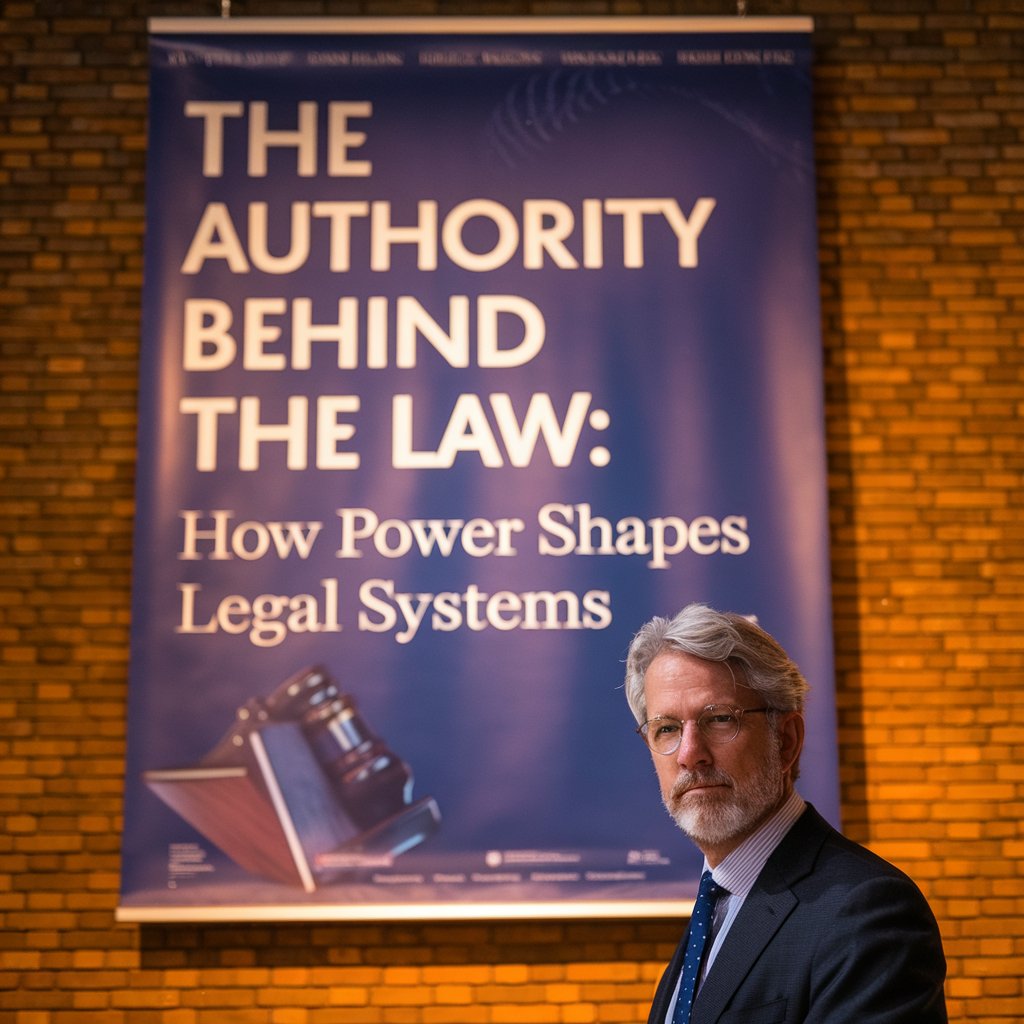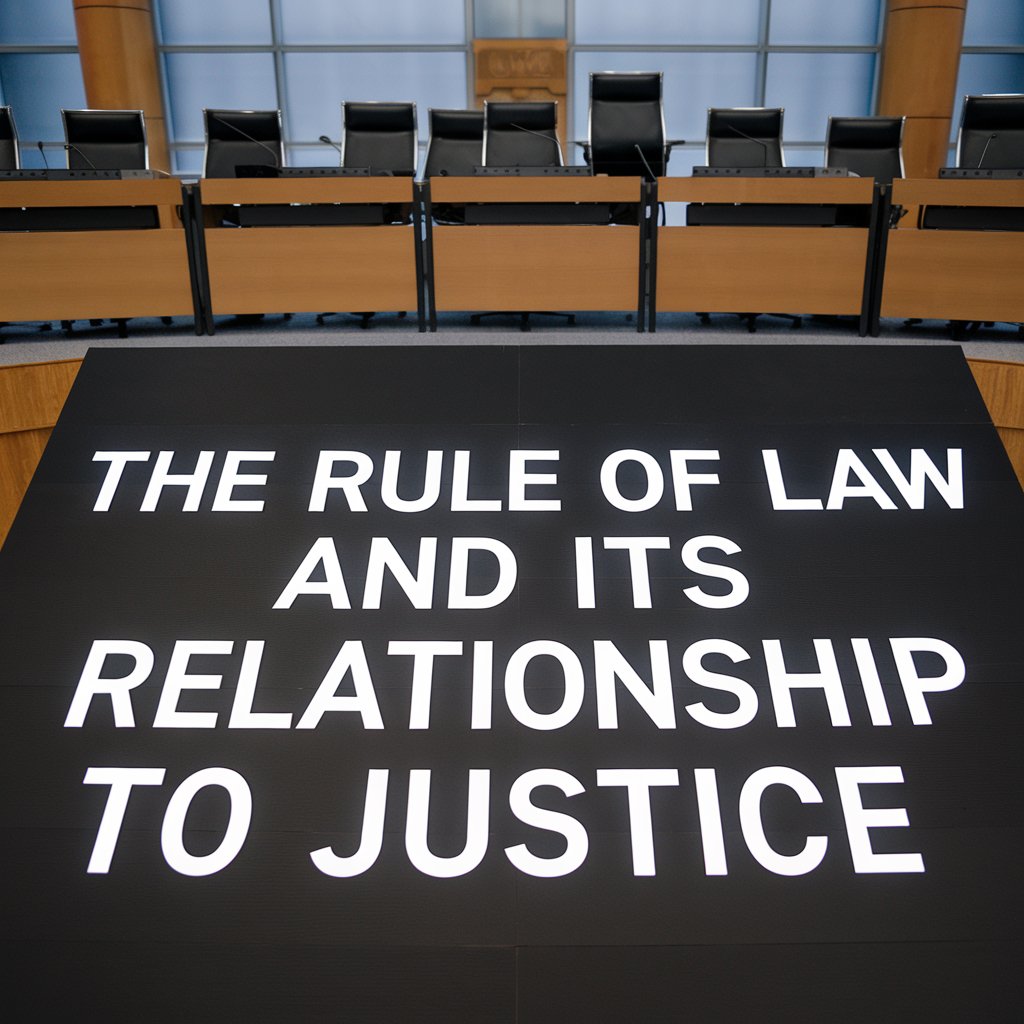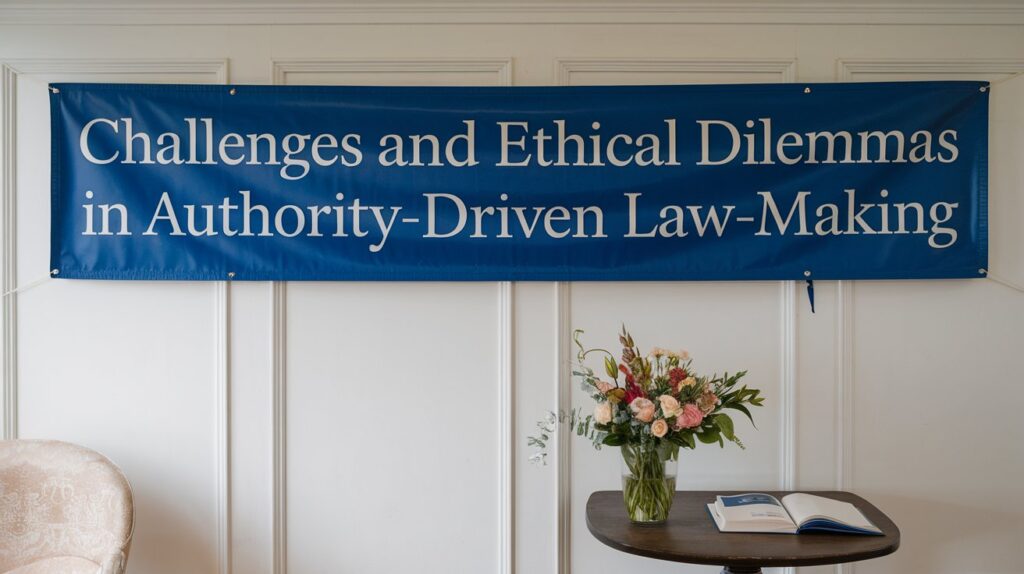
In any society, laws serve as the backbone of order, guiding everything from individual behavior to the functioning of governments. But who makes these laws, and what drives their creation? Authority plays a critical role in the shaping of legal systems. While wisdom and justice are important. It’s the authority of lawmakers and political leaders that truly dictates how laws are enforced and who holds the power. Why is understanding this power dynamic crucial? Because it sheds light on how legal systems operate in practice—not just in theory. Power shapes everything, from government vs governance to how legal decisions are made and enforced. As citizens, recognizing the balance between authority and justice helps us navigate the complex world of law-making and its impact on society.

The Function of a Written Constitution
A written constitution plays a pivotal role in defining and limiting government power. At its core, the principal function of a written constitution is to lay down the topline rule in law. Establishing a framework that governs the powers of political leaders, institutions, and citizens. This ensures that no government can operate without checks and balances, which is critical for preventing an unlimited government. Without a constitution, leaders might wield unchecked authority, leading to potential abuse of power. By explicitly stating the rights and responsibilities of both citizens and leaders, a constitution creates stability and justice. When writing about constitutions, it’s important to remember—should “Constitution” be capitalized? Yes, it’s a formal document that provides the foundation for a just and orderly society. Protecting citizens from the potential overreach of government.
Authority vs. Wisdom: Which Truly Drives the Law?
At the heart of legal systems is the debate between authority and wisdom. Why does authority often take precedence over wisdom in law-making? The answer lies in the practicalities of governance. Authority ensures order, stability, and structure in society, whereas wisdom can sometimes be subjective and open to interpretation. Lawmakers, judges, and political leaders often base their decisions on what will maintain stability or further their political agenda, rather than purely on ethical wisdom. This becomes especially clear when we examine laws passed by governments—like those in England and Wales. Where legal clauses can sometimes reflect the power of the ruling party more than the moral rightness of the law. In this context, the laws created reflect the authority of those who govern, not necessarily the wisdom of their content
The Rule of Law and Its Relationship to Justice
The rule of law is a concept that goes beyond simply obeying laws—it’s about ensuring that authorities apply laws fairly, consistently, and equally to all. The rule of law is the backbone of modern legal systems, providing a safeguard against arbitrary rule and abuses of power. However, a critical concept tied to this is that a law that is not just is not law. Laws should not only enforce rules—they should uphold justice and fairness for all citizens. This idea has profound implications in today’s world of law and politics, where political influence can sometimes lead to laws that lack a foundation in justice. Establishing justice goes beyond following the law—it’s about creating a system where laws apply without bias or favoritism.. The rule of law, especially in liberal beliefs, promotes fairness and equality, ensuring that no one is above the law.

Duty vs. Obligation: Citizens’ Role in Obeying the Law
Citizens have a duty and obligation to obey laws. Duty is a moral responsibility for societal good, while obligation is a legal requirement enforced by penalties. Obeying the law is not just about avoiding punishment, but fulfilling our role and maintaining order. Understanding the difference between duty and obligation highlights that laws are the foundation of a functioning society. Social norms and government structures shape compliance, ensuring citizens and institutions act within limits. A well-balanced legal system upholds justice, not just authority, and requires fairness, accountability, and equality.
Historical Examples of Power in Law-Making
Throughout history, power has shaped the laws that govern society. A key example is the Magna Carta of 1215, which limited the monarchy’s power and affirmed certain rights for subjects. It showed how legal frameworks could challenge authority, in this case, the English king’s. Another significant moment was the creation of the United States Constitution, where the government balanced power between three branches. The primary function of a written constitution is to set clear boundaries on authority, preventing unchecked power. As political power shifted, these documents became the foundation of governance, ensuring no one could exercise power arbitrarily. These historical examples highlight how power dynamics have shaped legal systems, proving that authority, not just wisdom, drives law-making..
Power Dynamics in Modern Legal Systems
In modern legal systems, power remains a significant force behind law-making, often influencing the development of policies that govern everyday life. For example, government law jobs such as those within GLD Commercial play a crucial role in translating political authority into enforceable laws. Today, global power structures also have a significant impact on national legal frameworks. International treaties, for example, shape domestic laws in areas like trade, human rights, and environmental protection. This is where the intersection of government vs. governance becomes important, as national governments must navigate international authority while still maintaining their sovereignty. The rule of law principle ensures that authority exercises power according to established rules and that laws apply equally to all, without favoritism or discrimination. Understanding these power dynamics is crucial, as they inform decisions on policy, law enforcement, and the protection of citizens’ rights in the modern world.
Challenges and Ethical Dilemmas in Authority-Driven Law-Making

One of the greatest challenges in authority-driven law-making is balancing the exercise of power with ethical considerations. Laws created solely through the lens of authority can sometimes overlook fairness. Leading to laws that may be “unjust” or disproportionately affect certain groups. For example, many modern challenges of law today revolve around how political powers shape laws rather than moral reasoning. In this context, the rule of law must not just be a legal technicality, but a framework for achieving justice. This is where the debate over duty vs. obligation becomes relevant. Citizens might feel it is their duty to obey laws, yet when laws are unjust. The moral obligation to challenge them becomes stronger. The consequences of power-centric laws can be dire, leading to social unrest or marginalization. Which only underscores the importance of integrating ethical reasoning into law-making processes.
Can Wisdom Influence Authority?
While authority often drives law-making, there is potential for wisdom to influence authority. Creating laws that are not only powerful but just. Ethical reasoning and moral principles can sometimes align with the authority that enforces the law. For example, many key concepts related to laws, such as the principle of legality. Emphasize that laws must be predictable, transparent, and grounded in fairness. Laws such as the abolition of slavery or the establishment of justice in civil rights movements show how wisdom can guide legal reform. Similarly, global human rights conventions have pushed countries to adopt laws based on humanitarian principles, challenging existing authority structures. When wisdom and authority align, laws reflect not just political power but a commitment to moral governance.
Conclusion: Striking a Balance Between Authority and Wisdom
In conclusion, one cannot understate the role of authority in law-making. Whether in historical moments of legal change or in modern systems where political power shapes laws, authority drives the creation of legal systems. However, for a legal system to be truly just, balance authority with wisdom. The relationship between government and governance must evolve to ensure that power does not override the pursuit of justice. Ethical reasoning should play a role in shaping laws, guiding them towards fairness. As we continue to navigate the complexities of law. It’s vital to ensure that laws that are not just are not law—they are mere tools of power. Striking a balance between authority and wisdom is crucial for building legal systems that serve the people. Uphold liberal beliefs, and maintain fairness in the face of challenges.
FAQs
- What is the principal function of a written constitution?
A written constitution outlines the framework of a country’s legal system. Establishing the powers and duties of the government, as well as the rights of citizens. It acts as the highest law, ensuring that authority operates within clear and defined limits. Protecting against an unlimited government where leaders could act arbitrarily.
- What is the difference between duty and obligation in law?
Duty refers to a moral or ethical responsibility to act in accordance with societal norms and laws. While obligation represents a legal requirement that the state enforces. Both concepts drive people to obey laws, but a duty is based on ethical reasoning. Whereas an obligation involves legal enforcement.
- How does the rule of law relate to social studies?
The rule of law is a fundamental concept in social studies. As it refers to the principle that all individuals, institutions, and entities are subject to and accountable under the law. It is a cornerstone of governance and ensures fairness, equality, and justice within society.
- Should the word “Constitution” be capitalized?
Yes, capitalize Constitution when referring to the specific foundational legal document of a country. Such as the United States Constitution or the Constitution of any nation. Treat it as a proper noun to reflect its importance in defining a country’s legal system.
- What is the role of authority in modern legal systems?
Authority plays a crucial role in shaping laws and ensuring their enforcement. In modern legal systems, governments, legal bodies, and institutions exercise authority to create, interpret, and apply laws. Domestic and international power dynamics influence these systems, affecting lawmaking and implementation.
Must Read Essential Tips for Beginners on Staying Safe Online
